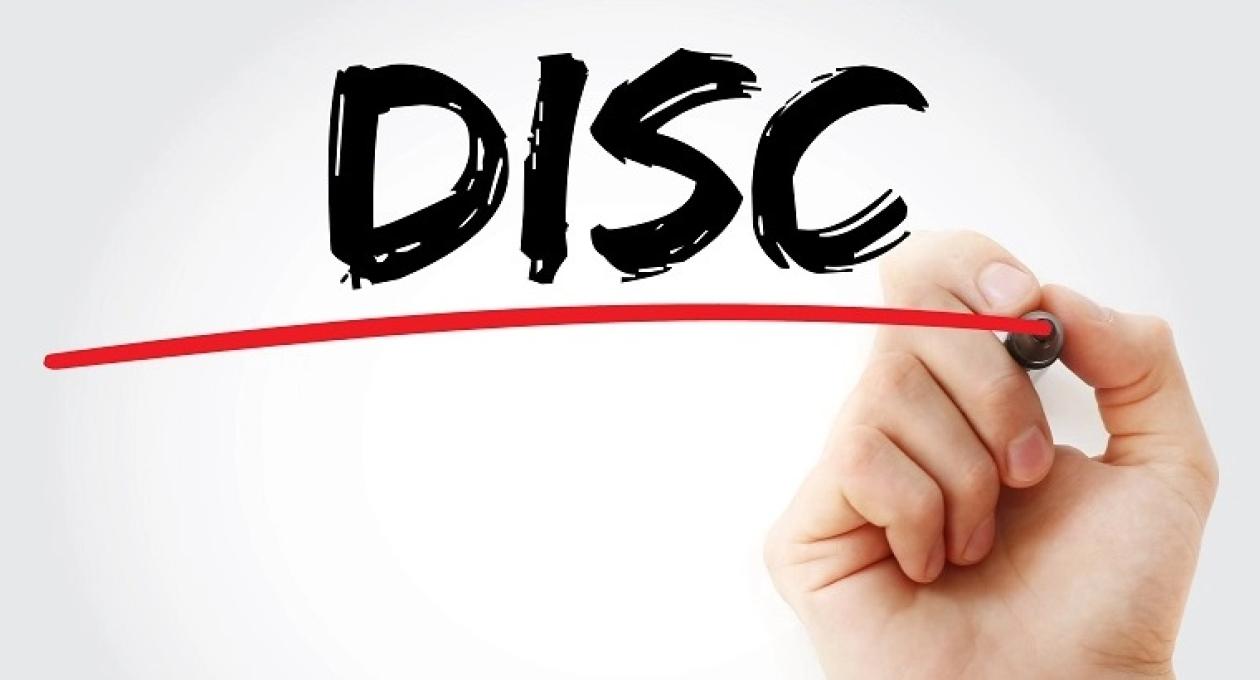DISC tests are one of the most widely recognised and used psychometric tests that organisations use around the world.
Based on the behavioural theory of psychologist William Moulton Marston, DISC centred on four personality traits: Dominance, Influence, Steadiness, and Compliance. DISC is a behavioural assessment which understands behaviours and priorities by gauging responses to various routine questions.
Not only does having an understanding of the model provide great advantages, but did you know that you can become a DISC accredited professional?
We have spent many years helping organisations with their recruitment needs, developing platforms and assessments that help recruit staff based on their behaviours, aptitudes and skills. At Thomas we provide training for the full suite of psychometric assessments, including our DISC-based Behaviour assessment (PPA).
Let’s take a closer look at what the Thomas DISC/PPA training looks like, how you can become DISC certified and why you want to consider going for accreditation.
What is Thomas DISC training?
The Thomas DISC training is a comprehensive overview of the four key areas in behavioural psychology which include; Dominance, Influence, Steadiness, and Compliance.
With Foundation and Accreditation courses, participants are given the tools and knowledge to not only carry out the tests in a professional context but also gain a wider understanding of the principles used to understand the how people behave in the workplace.
As well as developing understanding the DISC-based theory that underpins the Behaviour assessment (PPA), they will:
Foundation courses
- Understand what the Behaviour assessment measures and the multitude of ways it can be used in recruitment and development
- Learn how best to appropriately and responsibly use the Behaviour assessment
- Be taught how to assess the behavioural demands of a job
Accreditation courses
- Develop the competence to administer, interpret and feedback the wealth of reports generated by the assessment
- Learn how best to appropriately and responsibly use the Behaviour assessment
- Understand how to apply the assessment results in different commercial scenarios to make more confident and objective people decisions
- Understand how best to structure your recruitment journey with the Behaviour assessment
- Be taught how to assess the behavioural demands of a job, as well as how to use the results of an assessment to highlight areas of both strength and likely development
How to become DISC certified
There are three principle ways that the Thomas accreditation in psychometric testing is delivered.
Virtual Classrooms
Virtual classrooms have unsurprisingly become more popular in recent years, giving you the opportunity to learn from anywhere in the world and under all the different learning styles and behavioural types. Training is split into two sessions: Foundation & Accreditation. This provides an opportunity to split up the full day training and attend when it best suits your schedule.
In-House Sessions
We are a training provider who understands that an organisation’s dynamic is essential to making sure that training fits in with everything else. Most in-house training is bespoke to the needs of the client, and candidates will work with one of Thomas’ training experts to adjust their public courses to fit the company's needs.
Applied Knowledge Workshops
Getting to grips with the subject matter can be a longer process than initially thought. That’s why we have applied knowledge workshops that form part of the training to help you understand and apply that knowledge. The Applied Knowledge workshop series spans topics from Assertiveness Skills and Communication styles through to Unlocking the Leader Within.
If you want to enrol on these courses, speak to us or find a course on our website with different enrollment dates.
Why become DISC certified?
What is gained from getting DISC certified? Like with most certifications, demonstrating qualifications in your chosen field of work you are actively showing that you have a wider knowledge base to show your current and future employers that your skill sets are up to date and relevant to the job you have. For businesses, you can administer your own DISC assessments and interpret results - saving time and money.
What DISC certification also brings is a demonstration on the deep understanding of the concepts within behavioural psychology. The DISC profile assessment is a quick but very effective way to understand an individual’s workplace behaviours, giving you a greater level of understanding of their capabilities and how they are likely to act.
This information can be used to answer a variety of questions such as:
- What motivates them?
- What are their strengths and limitations?
- What is their preferred communication style?
- How do they interact with their peers and team?
- How do they behave under pressure?
- Are they showing any frustrations in their current situation?
- What management or coaching style will get the best out of them?
What is DISC accreditation?
When applying for the DISC accreditation from Thomas, it’s important to understand that what the accreditation provides is the recognition of someone being able to identify, understand and structure assessments and successfully carry these out specifically for the industry leading Thomas assessments.
The Thomas DISC Training and Accreditation gives you what you require to be able to carry out these assessments and then give feedback.
Accreditation is extremely important and remains one of the elements of our DISC training. It allows you to see if you have an understanding of the course materials and how you can make DISC assessments work. Getting accreditation and updating your knowledge base is essential to continue with the implementation of these tests in the workplace.
Accreditation is granted when completing the course and the training materials associated with each specific assessment type.
Find out more
Visit our training page to learn more about the kinds of accreditations that are available and when the next certification and accreditation programmes start. You can find out more about the range of psychometric assessments that we offer here.




